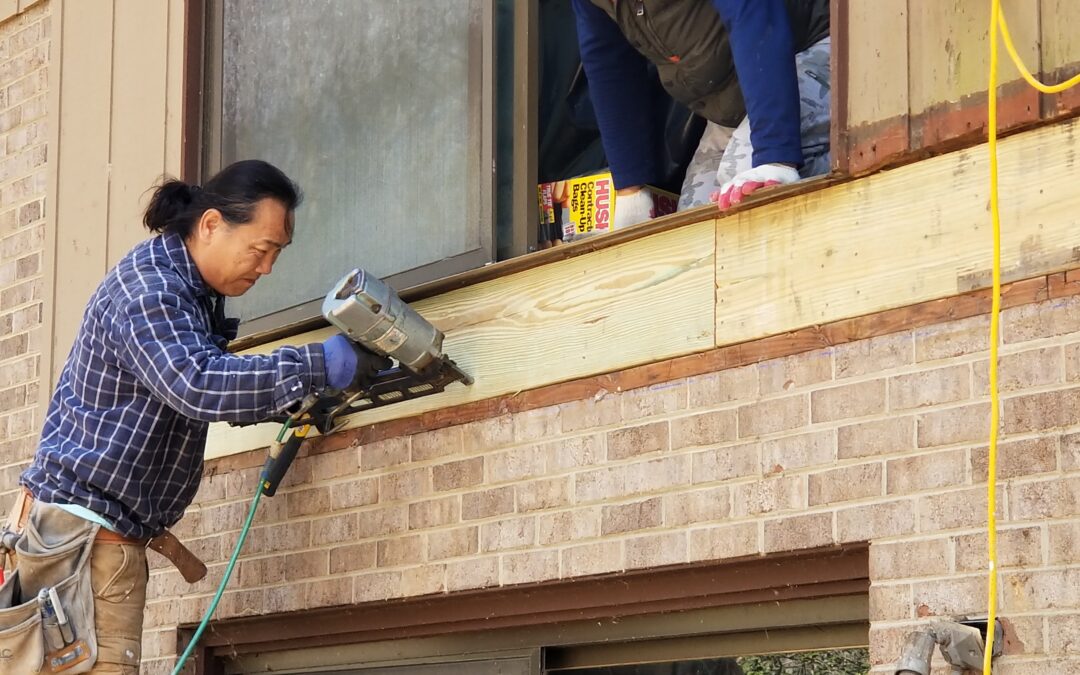Introduction: The construction industry is experiencing a technological revolution, with new advancements shaping the way we design, plan, and construct buildings. In this blog post, we will explore the latest trends in construction technology, from innovative tools and software to cutting-edge techniques. By embracing these trends, construction professionals can enhance productivity, improve safety, streamline processes, and deliver remarkable results. Let’s dive into the exciting world of construction technology and discover the transformative potential it holds.
- Building Information Modeling (BIM) and Digital Twins: Building Information Modeling (BIM) continues to revolutionize construction processes. BIM platforms enable 3D modeling, data integration, and collaboration among project stakeholders. The concept of digital twins takes BIM a step further by creating virtual replicas of buildings, enabling real-time monitoring, predictive maintenance, and simulations for optimal performance throughout the building’s lifecycle.
- Robotics and Automation: Robots are making their mark in construction, automating repetitive and labor-intensive tasks. Robotic solutions can perform tasks like bricklaying, concrete pouring, and material transportation with precision and efficiency. Drones are also increasingly used for site surveying, inspections, and aerial data collection, providing accurate and real-time information for project management.
- Augmented Reality (AR) and Virtual Reality (VR): Augmented Reality (AR) and Virtual Reality (VR) technologies are transforming the way we visualize and experience construction projects. AR enables on-site visualization, allowing architects and contractors to overlay digital models onto the physical environment. VR offers immersive virtual walkthroughs, facilitating better design reviews, stakeholder communication, and identification of potential issues before construction begins.
- Prefabrication and Modular Construction: Prefabrication and modular construction methods are gaining momentum due to their efficiency, cost-effectiveness, and reduced construction time. Off-site fabrication of building components allows for simultaneous construction and faster assembly on-site. Modular construction also offers versatility, scalability, and reduced waste, making it an attractive solution for various building types.
- Internet of Things (IoT) and Smart Construction: The Internet of Things (IoT) is revolutionizing construction sites by connecting various devices, sensors, and equipment. IoT-enabled solutions provide real-time monitoring of site conditions, worker safety, equipment performance, and energy usage. Smart construction technologies optimize resource allocation, enhance productivity, and improve decision-making for efficient project management.
- Sustainable Construction and Green Technologies: Sustainability continues to drive innovation in the construction industry. Green technologies are being integrated into buildings to reduce energy consumption, minimize waste, and enhance environmental performance. Renewable energy systems, green building certifications, energy-efficient materials, and water management solutions are just a few examples of the sustainable practices shaping the construction landscape.
Conclusion: The latest trends in construction technology are transforming the industry, empowering professionals to achieve greater efficiency, safety, and sustainability. Building Information Modeling, robotics, AR/VR, prefabrication, IoT, and sustainable practices are revolutionizing how we design, construct, and manage buildings. Embracing these trends enables construction companies to deliver projects with enhanced precision, cost-effectiveness, and environmental consciousness. By staying informed and adopting these cutting-edge technologies, construction professionals can navigate the evolving landscape and unlock the full potential of the digital era in the building industry.

